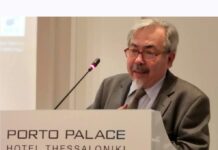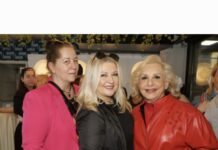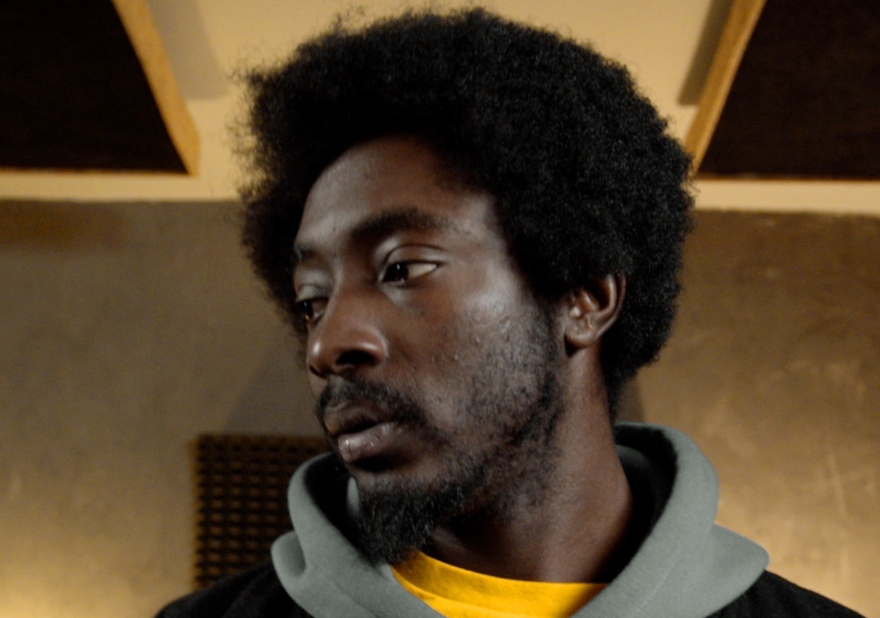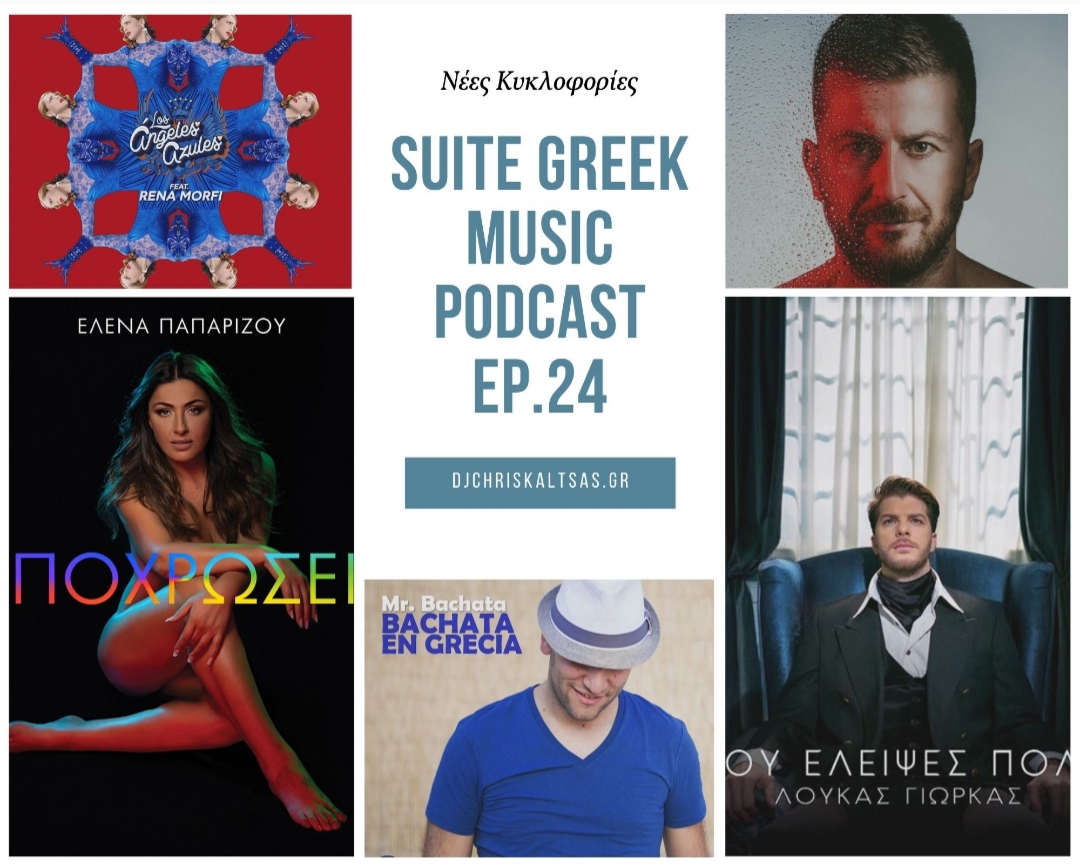Επιμέλεια συνέντευξης: Εύα Πετροπούλου Λιανού
Μετάφραση: Alexander Kabishev
Autobiography: He was born in 1966 in the village of Plastunovskaya, Krasnodar Krai. He graduated from the Krasnodar Technical School (now College) of electronic instrument engineering with a degree in “technician-metrologist”. He served in the army in the Group of Soviet Troops in Germany. Now I live in the village of Diveevo, Nizhny Novgorod region, I work as an industrial climber, I specialize in objects of the Russian Orthodox Church. I became interested in poetry in my youth. In early works, the theme of love and romantic experiences prevailed. Later, having embarked on the path of the Orthodox faith, he began to write more about spiritual love, about the relationship between man and God. Religious lyrics are diverse in images and plots – these are works on the theme of Orthodox holidays, dedications to the miraculous images of the Virgin and the exploits of saints, as well as the events of Great Lent and Holy Pentecost. In recent years, civic lyrics about topical issues of our time have prevailed. He was published in the almanacs of the Russian Union of Writers. Awarded the “Heritage” star of the 2nd and 3rd degree, medals “St. George ribbon 250 years”, “Anton Chekhov 160 years”, “Anna Akhmatova 130 years”, “Sergei Yesenin 125 years”, “Ivan Bunin 150 years”, “Afanasy Fet 200 years”, “Nikolai Nekrasov 200 years”, “Fyodor Dostoevsky 200 years”, “Holy Russia”.
Bibliography: The Story of one love. Moscow, 2013
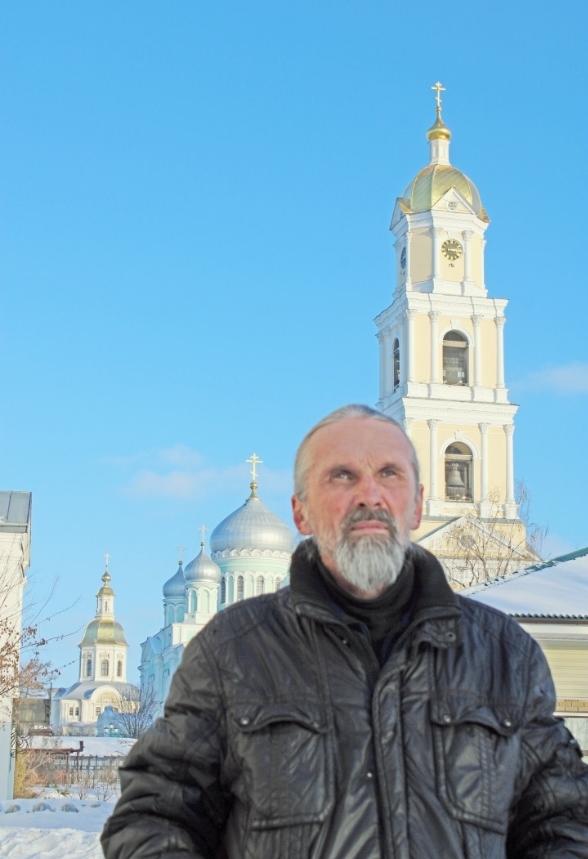
What inspired you to write? To whom or what were the first works dedicated? The first poem, as well as the first stage of creativity, was dedicated to first love. True love cannot fail to find embodiment in creativity, sooner or later. Because of the separation, I stopped writing poetry altogether and could not finish even the first, Italian sonnet. But after many years, the feeling got freedom and I suddenly finished writing Italian and 600 more French sonnets dedicated to first love. And then the soul calmed down. And I started writing on other topics.
Do you have a favorite author? Why him/her? I like any talented creativity, any author and not only a poet. A successful work, in my opinion, is a gift from God. It always differs dramatically for the better compared to other works, even by the same author. This is from inspiration from Above. Any creative person has experienced this for himself.
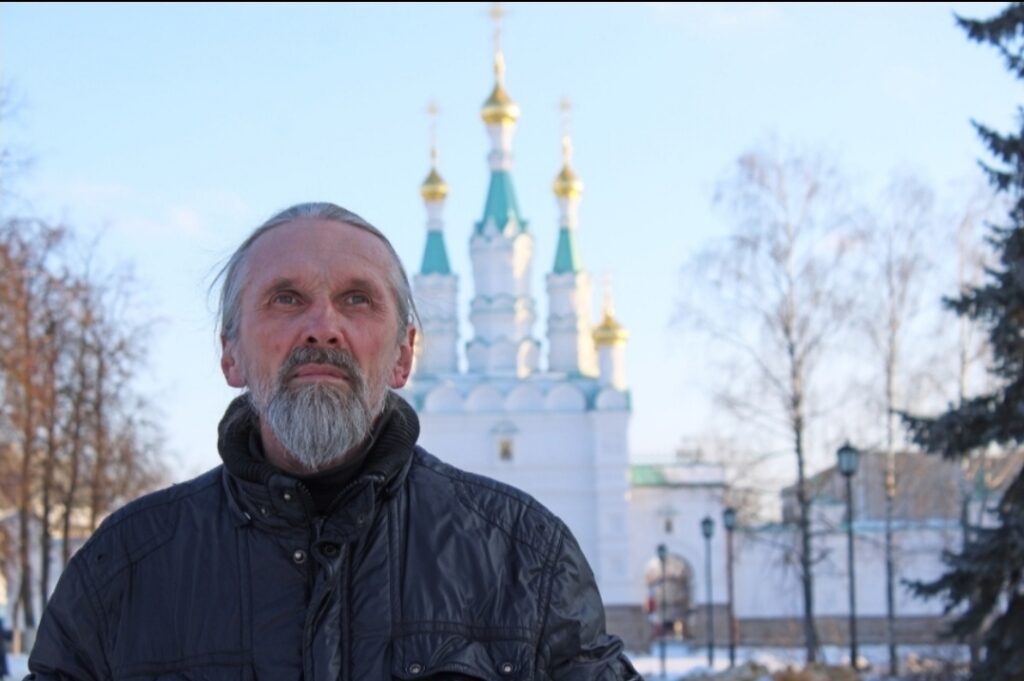
What collections have you participated in over the past few years? What were these books and what do they mean to you? Since 2019, I have been constantly participating in the Anthology of Russian Poetry. I consider this publication to be the most significant in Russia. Since 2012, he has published poems in almost all collections of the “Heritage” of the Russian Imperial House. It publishes the majority of Orthodox poets. Actually, they have no alternative. The publication is prestigious, but expensive. Last year he participated in a collection of poems dedicated to the 100th anniversary of the formation of the USSR. And also in all 4 volumes of “A world without Nazism”. There were other small collections.
In your opinion, what are the similarities and differences in the poetry of different peoples? In general, all people are the same. The bottom has common feelings peculiar to any person. And creativity, after all, is primarily the self–expression of one’s feelings – “the mouth speaks from an excess of feelings.” Therefore, different peoples have similar themes, common anxieties, common experiences. But due to ideological differences, these feelings are expressed and embodied in different ways. Deep historical roots and processes of modernity play a role here. However, there are poets who write on one or at most two topics and their world is limited by this regardless of events. This is an individual trait of a person.
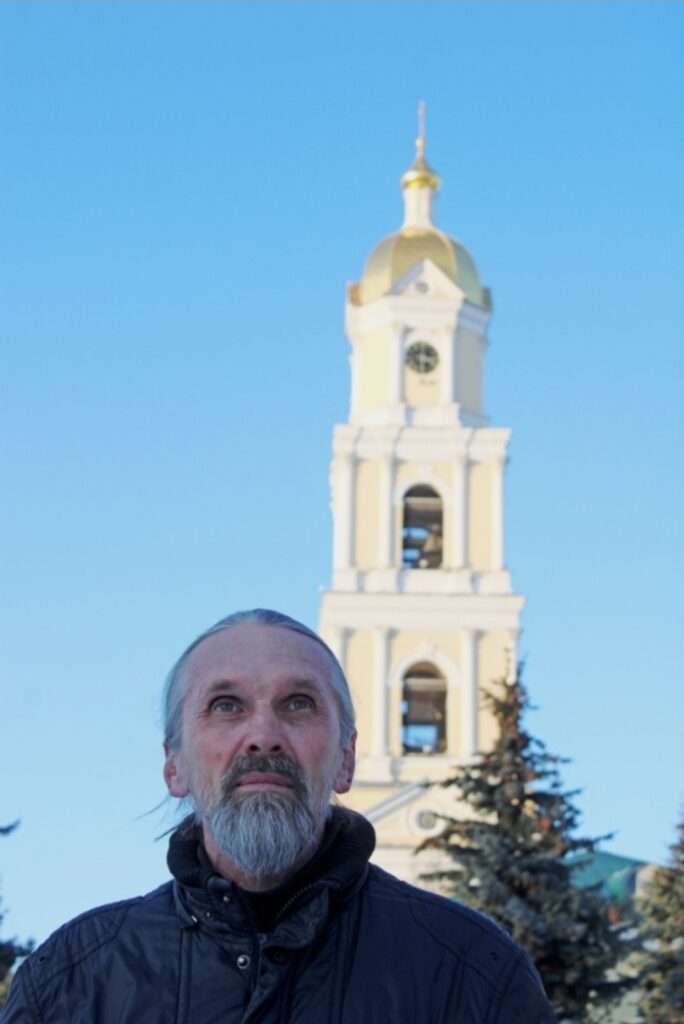
How do you see the future of your creativity and world literature in general? I am not a supporter of poetry, for the sake of poetry. I think the main thing in poetry is meaning. A beautiful form without a deep meaning is a dummy. Any creativity must reflect the pressing problems of humanity, otherwise it is useless. Unfortunately, creativity can also be harmful. Creativity is harmful for the sake of profit. There are talented poets who just trade their talent. This is especially harmful at the global level. Here the main indicator remains – the truth. Real creativity, like real science, always leads to the truth.
What would you like to wish your readers and fellow writers/poets in the coming 2023? Not to remain indifferent neither to yourself, nor to others, nor to events in the world. Creativity is the engine of society for moral and spiritual progress, for perfection. This is greatly facilitated by the unification of creative personalities from different countries on common creative platforms. This mutually enriches and enhances the influence of creativity on world processes.








